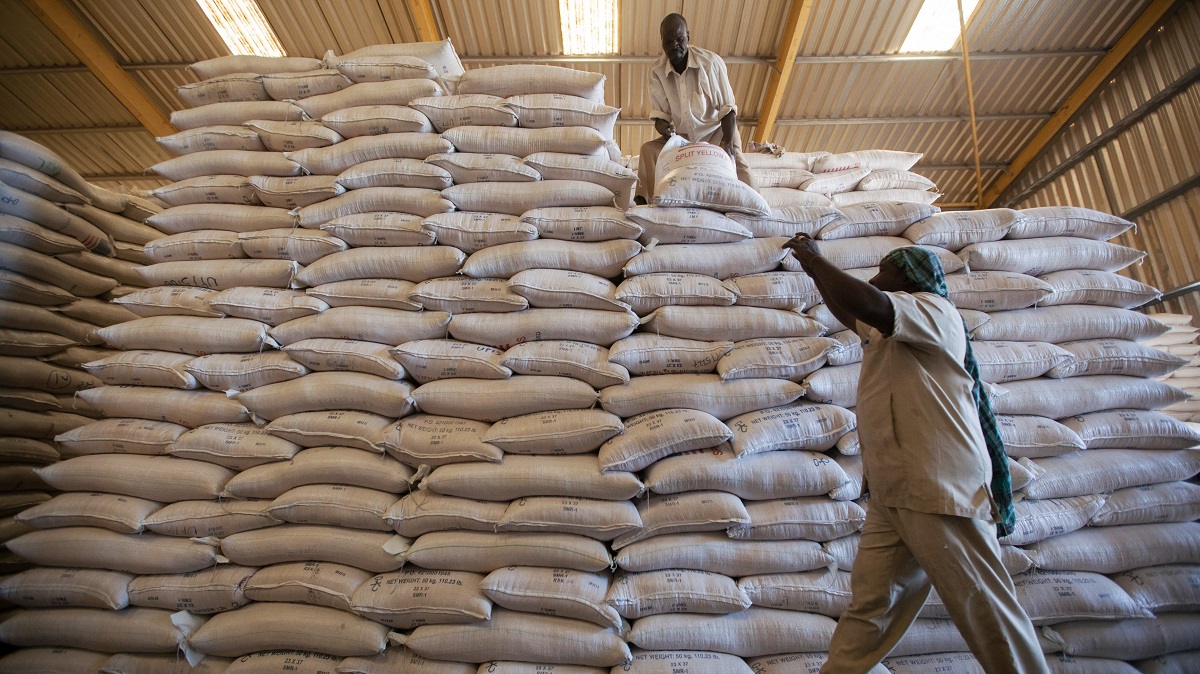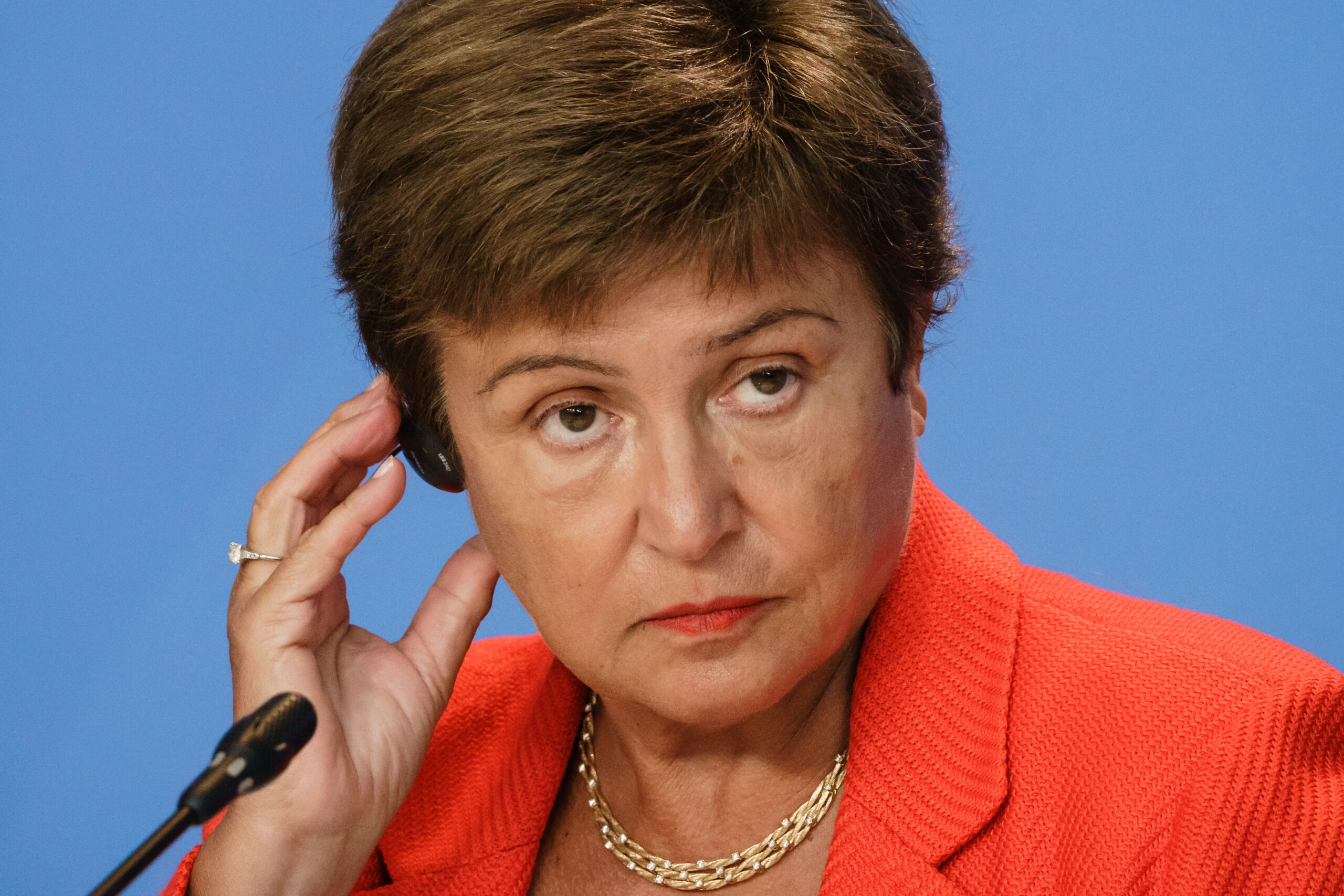The effects from the COVID-19 pandemic aftershocks and the Ukrainian crisis have led to rising commodity prices, surging inflation, and shifts in the global financial situation that have transformed African trade and production capabilities, according to the latest figures published by the International Monetary Fund (IMF).
After over-performing in its post-pandemic recovery in 2021, Africa’s economic growth will expectedly lag in 2022. The Washington-based IMF forecasts that growth will drop from 4.6% in 2021 to 3.8%, as the global shocks from Russia’s invasion of Ukraine have dampened Africa’s economic prospects. The high import bills and fuel prices continue to strain import-dependent countries’ fiscal and external balance sheets. The strain risks the recent poverty alleviation progress. Consequently, Africa will remain the only developing economic zone and emerging market where per capita incomes will not revert to the pre-pandemic levels by 2023.
The latest GDP figures reveal economic growth disparities across nations and sub-regions in Africa. Recent economic diversification has incredibly cushioned East Africa against the pandemic shocks. Moreover, solid agricultural performance, closer intra-regional trade, and public spending on flagship infrastructure projects have supported the region’s GDP. For instance, although the pandemic severely ravaged the South African region, the significant fiscal stimuli has helped the region’s economic growth to recover in 2021. Meanwhile, North Africa posted the most remarkable post-pandemic economic rebound, with the AfDB estimating the region’s 2021 growth at 11.7%. Lifting oil export barriers on Libya towards the end of 2020 boosted North Africa’s growth significantly.
The Ukrainian crisis and the ensuing trade sanctions against Russia have heightened the risk balances on African trade and economic outlook. The conflict has caused disruptions in global supply chains for essential products, including fuel, fertilizers, and agricultural produce. The rising commodity prices, surging inflationary pressures, and the contracting global financial situation have risked African trade and production capabilities. Moreover, the rising threat of sovereign defaults poses a severe risk to the growth of African trade. Thus, African trade prospects remain unclear, considering the challenging global economic scenario.



